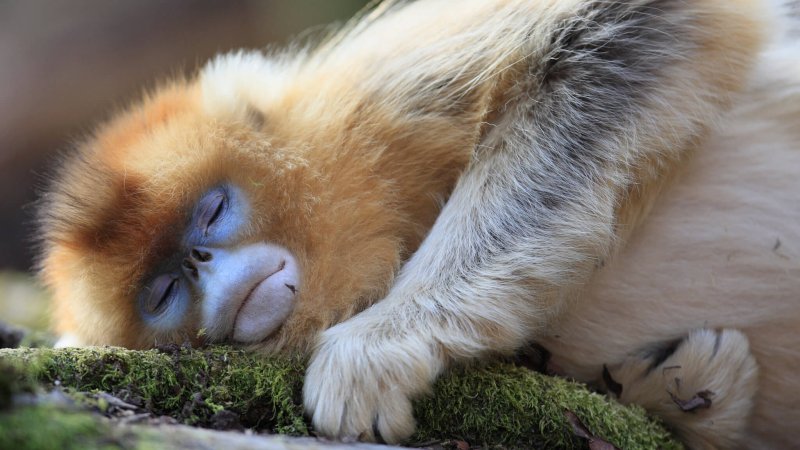On dry nights, the San hunter-gatherers of Namibia often sleep under the stars. They have no electric lights or new Netflix releases keeping them awake. Yet when they rise in the morning, they haven’t gotten any more hours of sleep than a typical city-dweller in North America or Europe who stayed up doom-scrolling on their smartphone.
Research has shown that people in non-industrial societies – the closest thing to the kind of setting our species evolved in – average less than seven hours a night, says evolutionary anthropologist David Samson at the University of Toronto Mississauga. That’s surprising when you consider our closest animal relatives. Humans sleep less than any ape, monkey or lemur that scientists have studied.
Samson calls this discrepancy the human sleep paradox.
“How is this possible, that we’re sleeping the least out of any primate?” he says. Sleep is known to be important for our memory, immune function and other aspects of health…. “Something weird is going on,” Samson says.
…
The threat of predators may have led humans to sleep less than tree-living primates, says Isabella Capellini, an evolutionary ecologist at Queen’s University Belfast in Northern Ireland. In a 2008 study, she and her colleagues found that mammals at greater risk of predation sleep less, on average.
































